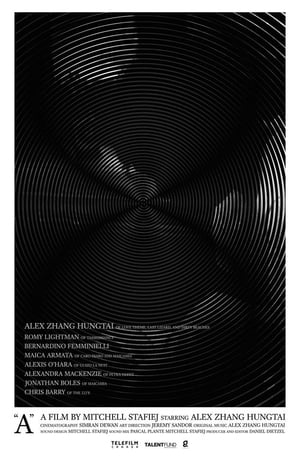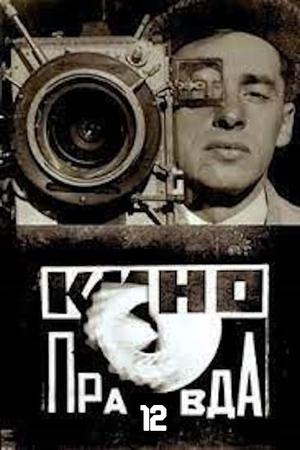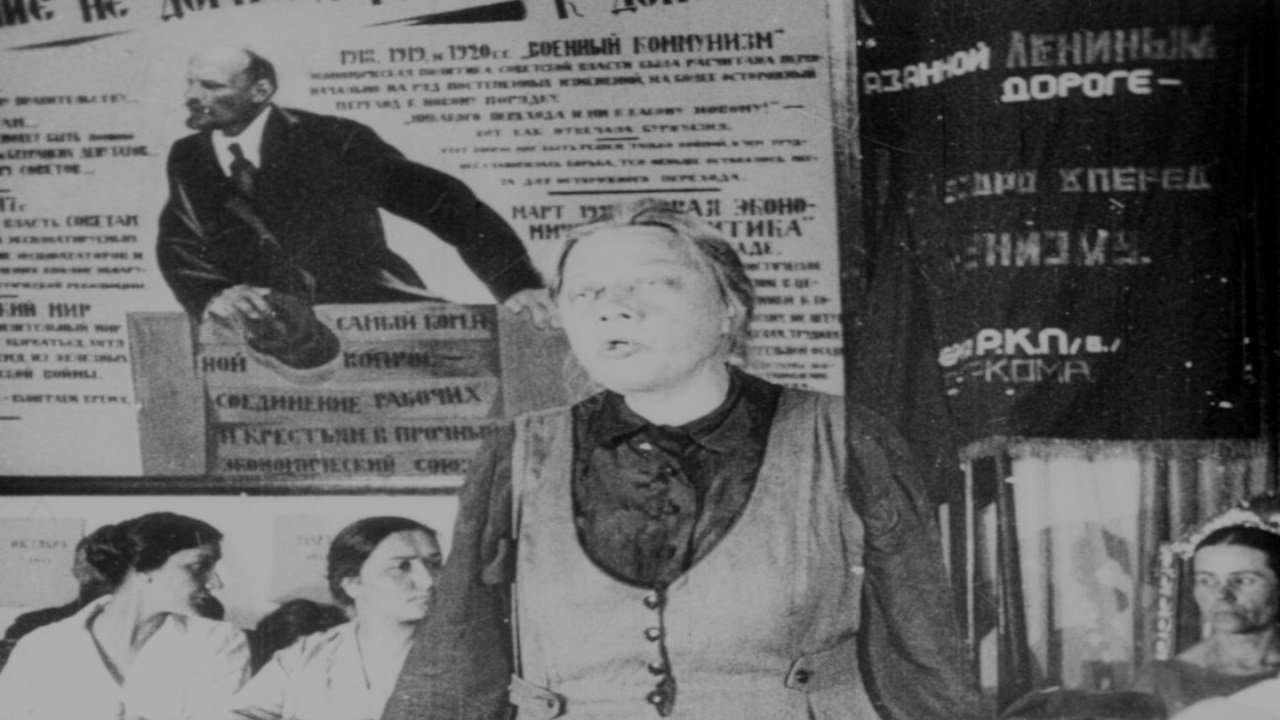
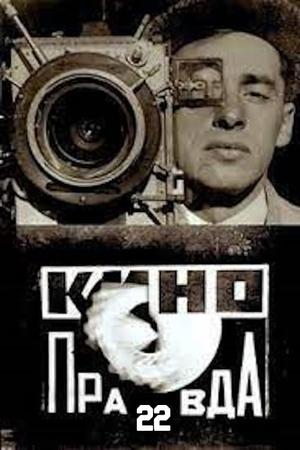
Kino-Pravda No. 22: Lenin Is Alive in the Heart of the Peasant. A Film Story(1925)
Dziga Vertov-directed Soviet newsreel covering: First anniversary of Lenin's death / Smycka of the city and the village: group of peasants visit Moscow / Lenin's effect on peasants and oppressed nations

Movie: Kino-Pravda No. 22: Lenin Is Alive in the Heart of the Peasant. A Film Story

Кино-Правда № 22: В сердце крестьянина Ленина жив. Кинорассказ
HomePage
Overview
Dziga Vertov-directed Soviet newsreel covering: First anniversary of Lenin's death / Smycka of the city and the village: group of peasants visit Moscow / Lenin's effect on peasants and oppressed nations
Release Date
1925-03-13
Average
4.9
Rating:
2.5 startsTagline
Genres
Languages:
No LanguageKeywords
Recommendations Movies
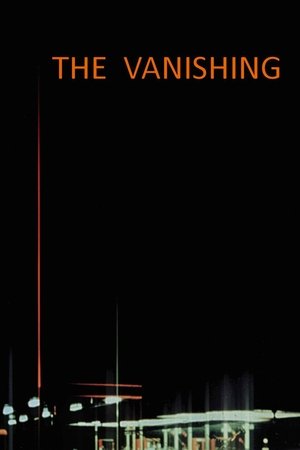 7.5
7.5The Vanishing(nl)
Rex and Saskia, a young couple in love, are on vacation. They stop at a busy service station and Saskia is abducted. After three years and no sign of Saskia, Rex begins receiving letters from the abductor.
 4.7
4.7Malini 22 Palayamkottai(ta)
Malini, a docile nurse, is forced to move into her boyfriend Varun's house, where she is raped — twice — by his boss, and also sent to prison on false charges. When she comes to know who the person behind her predicament is, she plans revenge.
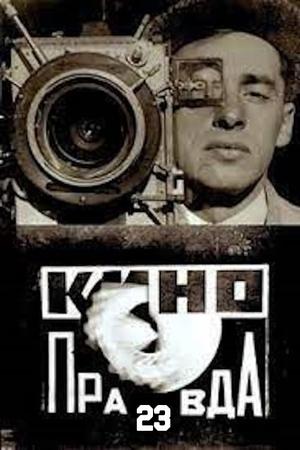 5.4
5.4Kino-Pravda No. 23: Radio Pravda(ru)
Dziga Vertov-directed Soviet newsreel covering: A peasant buys a receiver at the radio shop / Instructions to attach an antenna / A broadcast-station is developed / A concert is broadcast. Though only a third of this final issue of Kino-Pravda seems to survive, there still exists Aleksandr Bushkin’s time-lapse animation and the sequence in which, as Yuri Tsivian describes, “a cross-section of a photographically correct izba (Russian peasant’s log hut) is penetrated by schematically charted radio waves”—a testament to the magical properties and propagandistic uses of radio in reaching out to Russia’s distant peasantry.
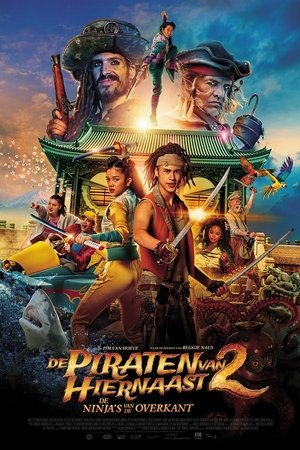 6.5
6.5Pirates Down the Street II: The Ninjas from Across(nl)
The pirates feel right at home in Sandborough, but the atmosphere cools right down when the ninjas come to live in the street. After all, pirates and ninjas are sworn enemies! While pirate captain Hector Blunderbuss struggles to get rid of his new neighbours, son Billy and ninja daughter Yuka become friends. The pirates challenge the ninjas to the ultimate battle at the village's annual hexathlon. Who will win the match? Ninjas are faster and more agile of course, but pirates are the best cheats in all of the seven seas...
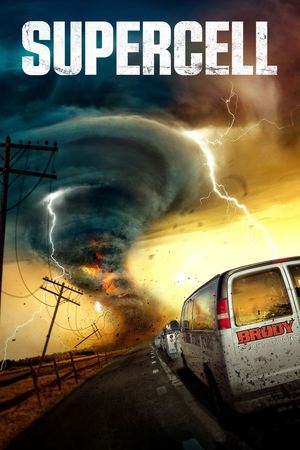 5.7
5.7Supercell(en)
Good-hearted teenager William always lived in hope of following in his late father’s footsteps and becoming a storm chaser. His father’s legacy has now been turned into a storm-chasing tourist business, managed by the greedy and reckless Zane Rogers, who is now using William as the main attraction to lead a group of unsuspecting adventurers deep into the eye of the most dangerous supercell ever seen.
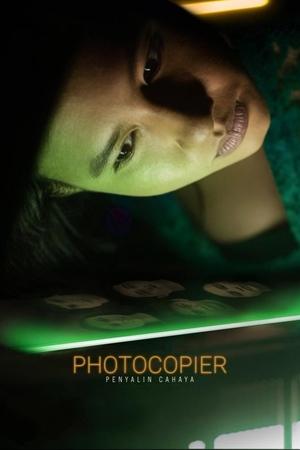 6.9
6.9Photocopier(id)
When photos of her at a party cause her to lose a scholarship, a student investigates whether something devastating happened to her that night.
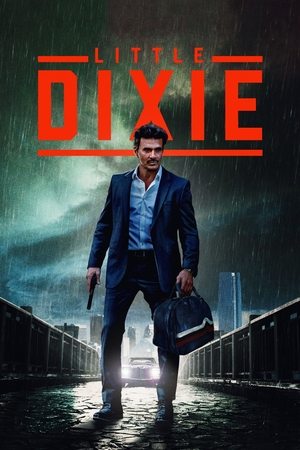 5.8
5.8Little Dixie(en)
Erstwhile Special Forces operative Doc Alexander is asked to broker a truce with the Mexican drug cartel in secrecy. When Oklahoma Governor Richard Jeffs celebrates the execution of a high-ranking cartel member on TV, his Chief of Staff and Doc inform him about the peace he just ended. But it’s too late, as Cuco, the cartel’s hatchet man, has set his vengeful sights on Doc’s daughter Dixie.
 6.9
6.9Old Man Junior(en)
Morbius Jr, now an OId Man, is nearing the end of life, when he finds the last hope for all Morbkind. However, as he fights to protect the future of Morbheads, he finds himself facing off against an unlikely of enemy... HIMSELF.
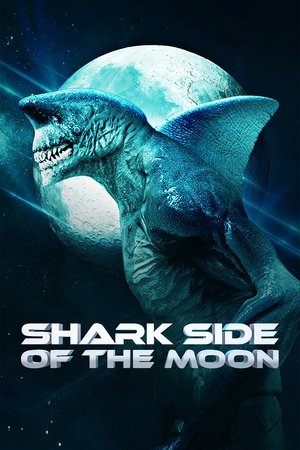 5.1
5.1Shark Side of the Moon(en)
Decades ago, the USSR developed unkillable sharks and launched them to the moon. Today, a team of American astronauts will endure the fight of their lives.
 6.5
6.5Doraemon the Movie: Nobita's Little Star Wars 2021(ja)
One day during summer vacation, a palm-sized alien named Papi appears from a small rocket that Nobita picks up. He is the president of Pirika, a small planet in outer space, and has come to Earth to escape the rebels. Doraemon and his friends are puzzled by Papi’s small size, but as they play together using the secret tool “Small Light”, they gradually become friends. However, a whale-shaped space battleship comes to earth and attacks Doraemon, Nobita and the others in order to capture Papi. Feeling responsible for getting everyone involved, Papi tries to stand up to the rebels. Doraemon and his friends leave for the planet Pirika to protect their dear friend and his home.
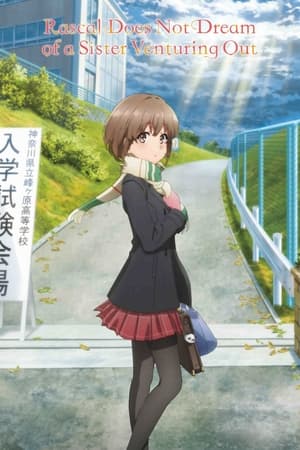 7.5
7.5Rascal Does Not Dream of a Sister Venturing Out(ja)
After a draining December, Sakuta is quickly nearing the end of his second year of high school. Since Mai is a third-year student, they don't have much time left together before graduation rolls around. Meanwhile, his sister, Kaede, is slowly but steadily venturing outdoors again. Just as she begins to find her footing, she announces her most ambitious goal yet—attending her brother's high school! Sakuta knows better than anyone how difficult this will be for Kaede, and he's ready to support her however he can. He's just not sure if that's what's best for her...or what she really wants...
 7.1
7.1Unhappily Ever After(es)
María José and Alfredo are about to celebrate their 20th anniversary and their children give them a trip to the hotel where they celebrated their honeymoon, but a spell will make them repeat the same day.
 7.0
7.0Right Now, Wrong Then(ko)
Chun-su arrives in Suwon one day earlier than scheduled. He has a special lecture to give the next day. Chun-su decides to visit a palace and meets Hee-jung there. Hee-jung is a painter and she lets Chun-su see her workroom with her paintings. In the evening, they go out eat and drink together. There, Chun-su reveals something unexpected to Hee-jung.
 6.0
6.0Attack on Titan(en)
As viable water is depleted on Earth, a mission is sent to Saturn's moon Titan to retrieve sustainable H2O reserves from its alien inhabitants. But just as the humans acquire the precious resource, they are attacked by Titan rebels, who don't trust that the Earthlings will leave in peace.
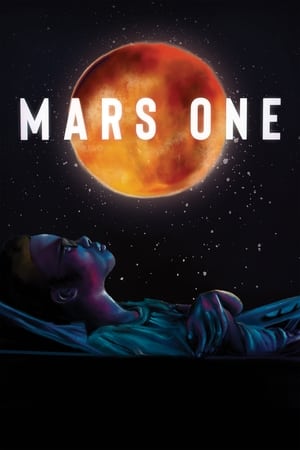 7.3
7.3Mars One(pt)
A middle-class Black family in Brazil copes with the election of a far-right extremist president. The mother believes that she's cursed after an unexpected encounter, while her husband puts all of his hopes into their son's soccer career.
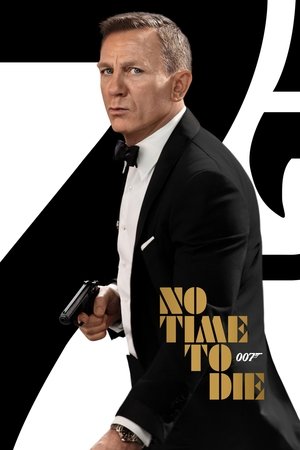 7.4
7.4No Time to Die(en)
Bond has left active service and is enjoying a tranquil life in Jamaica. His peace is short-lived when his old friend Felix Leiter from the CIA turns up asking for help. The mission to rescue a kidnapped scientist turns out to be far more treacherous than expected, leading Bond onto the trail of a mysterious villain armed with dangerous new technology.
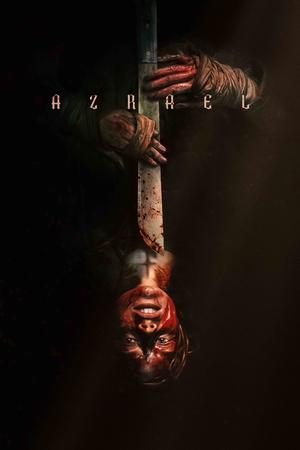 6.0
6.0Azrael(en)
In a world where no one speaks, a devout female hunts down a young woman who has escaped her imprisonment. Recaptured by its ruthless leaders, Azrael is due to be sacrificed to pacify an ancient evil deep within the surrounding wilderness.
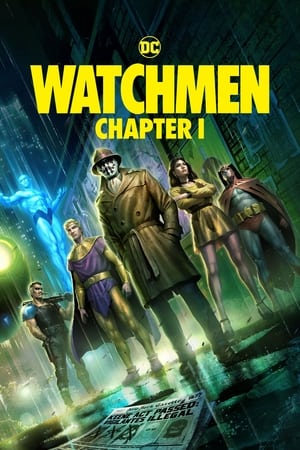 7.6
7.6Watchmen: Chapter I(en)
In 1985, the murder of a government-sponsored superhero draws his outlawed colleagues out of retirement and into a mystery that threatens to upend their personal lives and the world itself.
Similar Movies
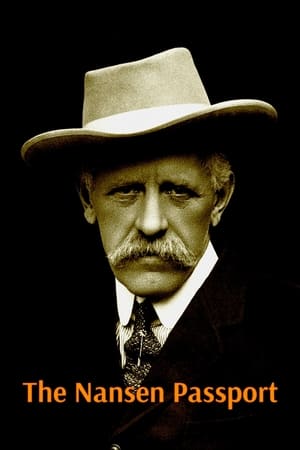 8.0
8.0The Nansen Passport(fr)
On July 5th, 1922, Norwegian explorer, scientist and diplomat Fridtjof Nansen creates a passport with which, between 1922 and 1945, he managed to protect the fundamental human rights as citizens of the world of thousands of people, famous and anonymous, who became stateless due to the tragic events that devastated Europe in the first quarter of the 20th century.
 8.0
8.0Lenin and the Other Story of the Russian Revolution(fr)
Vladimir Ilyich Ulyanov, better known as Lenin, is remembered as the instigator of the October Revolution of 1917 and, therefore, as one of the men who changed the shape of the world at that time and forever, but perhaps the actual events happened in a way different from that narrated in the history books…
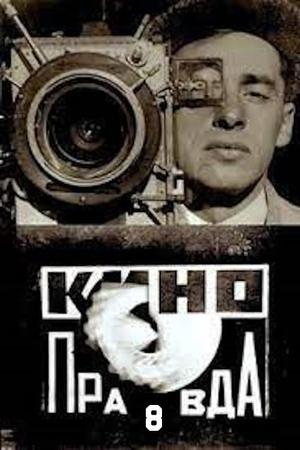 5.8
5.8Kino-Pravda No. 8(ru)
Dziga Vertov-directed Soviet newsreel covering: A bet is placed on the outcome of the Trial of the Socialist Revolutionaries / The verdict / People in streetcars and on the street / A crashed aircraft / Reconstruction of streetcar line 13 / Peacetime use of tanks – airport construction work.
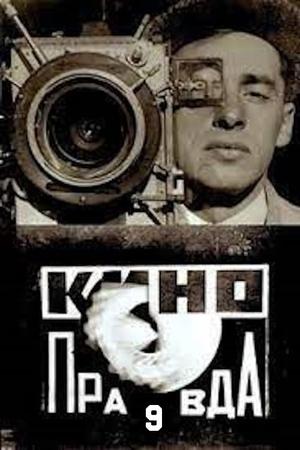 5.9
5.9Kino-Pravda No. 9(ru)
Dziga Vertov-directed Soviet newsreel covering: Congress of the "Living Church" / Opening of the horse racing season / Demonstration of an American movie camera / Operation of mobile projection units.
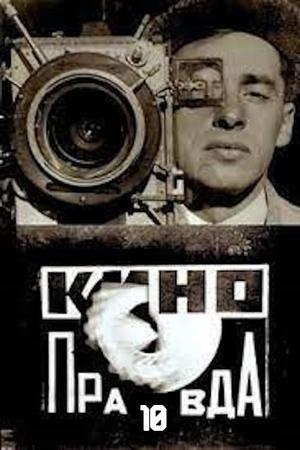 5.8
5.8Kino-Pravda No. 10(ru)
Dziga Vertov-directed Soviet newsreel covering: International Youth Day and demonstrations / All-Russian Olympiad / Streetcar collision / Construction of automobiles in a Petrograd factory.
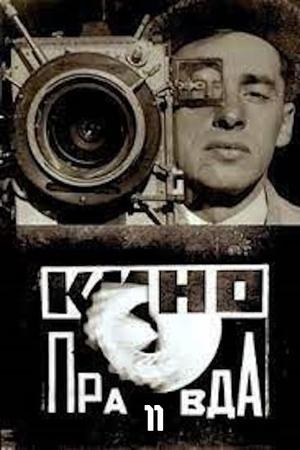 4.5
4.5Kino-Pravda No. 11(ru)
Dziga Vertov-directed Soviet newsreel covering: All-Russian Congress of Trade Unions / Delegations and diplomats / Renaming of a confectionery factory / Unloading supplies / Komsomol Day / Red Army maneuvers.
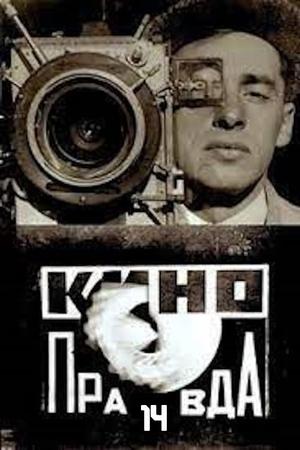 5.6
5.6Kino-Pravda No. 14(ru)
Dziga Vertov-directed Soviet newsreel covering: IV. Congress of the Comintern / Congress of the Profintern.
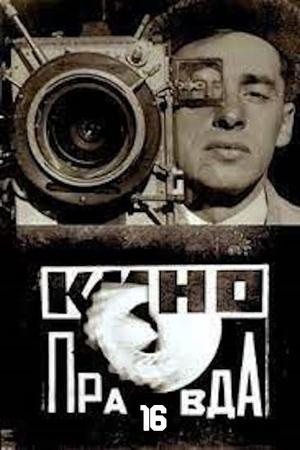 6.2
6.2Kino-Pravda No. 16: Spring Pravda. A Lyrical View Newsreel(ru)
Dziga Vertov-directed Soviet newsreel covering: Arts and crafts exhibition / Actions against hunger / Eisenstein's first film "Dnevnik Glumova" ("Glumov's Diary") / Young Pioneers / May 1, parades
 6.3
6.3The Russian Revolution(en)
Starting in 1881 this film shows the personal battle between Lenin's Ulyanov family and the royal Romanovs that eventually led to the Russian revolution.
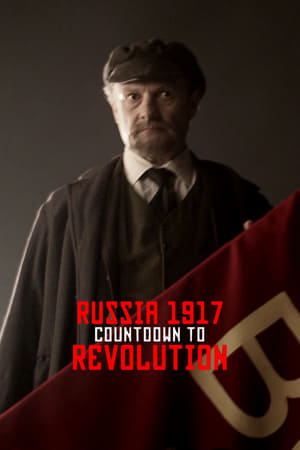 3.0
3.0Russia 1917: Countdown to Revolution(en)
Russia, 1917. After the abdication of Czar Nicholas II Romanov, the struggle for power confronts allies, enemies, factions and ideas; a ruthless battle between democracy and authoritarianism that will end with the takeover of the government by Vladimir Lenin and the Bolsheviks.
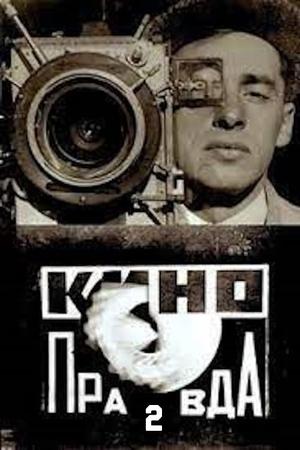 5.1
5.1Kino-Pravda No. 2(ru)
Dziga Vertov-directed Soviet newsreel covering: The opening of an electric generating station / Trial of the Socialist Revolutionaries.
 0.0
0.0Stalin: Man of Steel(en)
Emmy Awards nominee for "Outstanding Individual Achievement in a Craft: Research: Multi-faceted portrait of the man who succeeded Lenin as the head of the Soviet Union. With a captivating blend of period documents, newly-released information, newsreel and archival footage and interviews with experts, the program examines his rise to power, deconstructs the cult of personality that helped him maintain an iron grip over his vast empire, and analyzes the policies he introduced, including the deadly expansion of the notorious gulags where he banished so many of his countrymen to certain death.
I Have Lived Many Lives(de)
A portrait of the leading female Bolshevik (and later Worker’s Opposition) revolutionary leader Alexandra Kollontai using her own words.
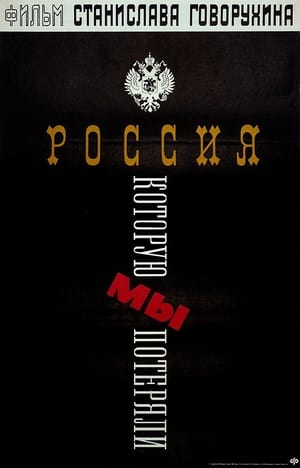 0.0
0.0The Russia We Lost(ru)
The sequel of feature-publicistic film «You Can’t Live Like That». Showing the countrymen charmless and sometimes scaring life picture of once great power with pain and anger, the author tries to uncover the reason of the country’s and nation’s tragedy.
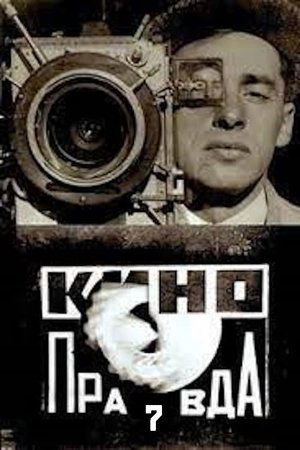 5.7
5.7Kino-Pravda No. 7(ru)
Dziga Vertov-directed Soviet newsreel covering: Trial of the Socialist Revolutionaries / Rebuilding of the destroyed Siberian village of Taseevo / Railroad station Sljudjanka / Abandoned mica pits near Lake Baikal / Soči health resort / Chudjakovskij-Park / Beach near Tuapse / The loading of silk / Afghanistan, Kabul / Peacetime use of tanks / Mountain road / Chapel in the Caucasus.
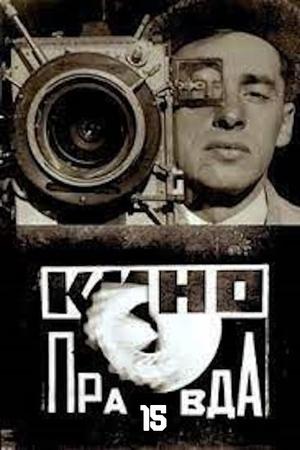 5.0
5.0Kino-Pravda No. 15(ru)
Dziga Vertov-directed Soviet newsreel covering: Against war / Against Gods / Education / Agitation / Sports and gymnastics / Danger of war.
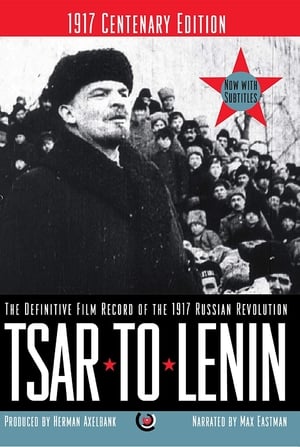 6.5
6.5Tsar to Lenin(en)
A documentary film account of the Russian Revolution, based on archival footage.
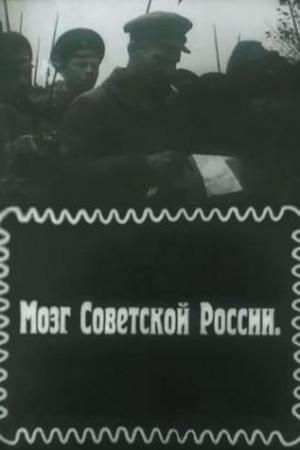 6.1
6.1The Brain of Soviet Russia(ru)
This film shows the leaders of organizations that emerged after the Russian Revolution. It is the fragment of ‘Anniversary of the Revolution’ made by Vertov in 1918.
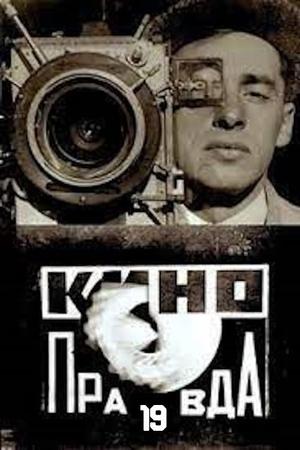 5.3
5.3Kino-Pravda No. 19: A Movie-Camera Race Moscow – Arctic Ocean(ru)
Dziga Vertov-directed Soviet newsreel covering: Connecting city and country, south and north, summer and winter, peasant women and worker women / Emancipation of women in the USSR
